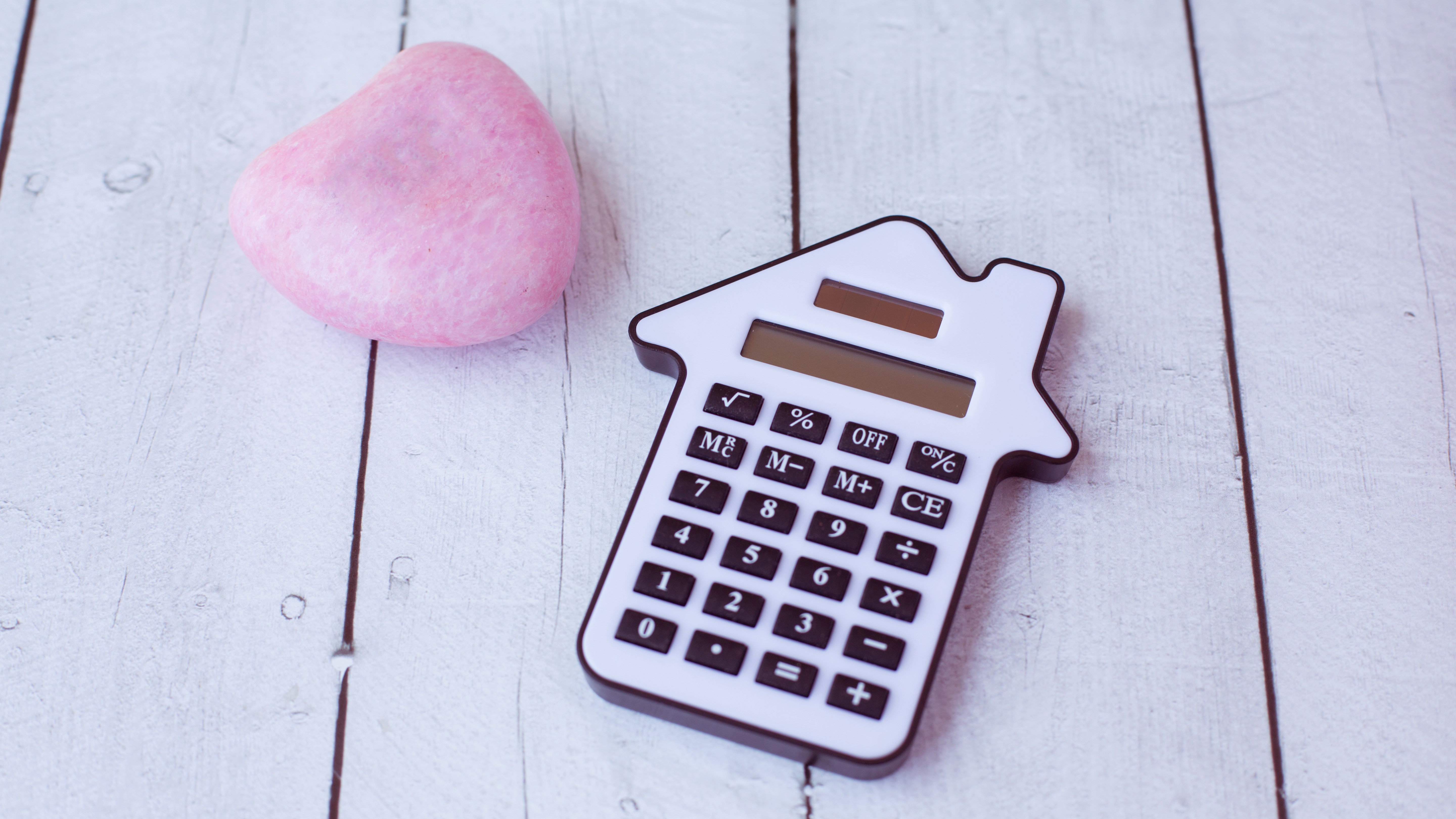When choosing between the best mortgage lenders, the interest rates on offer will likely be a deciding factor. The resulting interest you’ll have to pay can have a huge impact on the cost of the loan, but how is the rate set, and the amount you pay ultimately decided upon? Here, we look at how mortgage interest is calculated to help you better understand the process.
What is the mortgage interest rate?
The mortgage interest rate is the rate providers charge for lending you the money. It can have a huge impact on what mortgage you can afford, as the higher the rate, the higher your repayments will be. Even a slight change in rate can lead to a difference of thousands of dollars in interest charges over the term of the mortgage, so it’s vital to seek the best rate possible, and to know what the options are.
Whether you’re buying your first home or wanting the best refinance mortgage, mortgage interest rates are primarily either fixed or adjustable; in the former the rate is locked in and won’t change for the duration of the loan, which means neither will your repayments. Conversely, with an adjustable-rate mortgage (ARM), you have an initial fixed term after which the rate isn’t set and can change depending on certain conditions - this means the monthly payment can similarly fluctuate. While the initial rate on an ARM will typically be lower than on a fixed rate mortgage, the trade-off is that rates can change frequently after the initial term comes to an end, adding some uncertainty as to what you’ll need to pay going forward.
The option that’s right for you will depend on a number of different factors, not least how long your mortgage term is, how long you’re planning to stay in the property, and whether you’re buying or wanting to refinance your mortgage. Your own personal preferences in terms of budgeting will be important too. It’s important to discuss the options thoroughly with your provider and, ideally, a financial planner so you can choose the one that best suits your circumstances.
How is the mortgage rate determined?
When choosing a mortgage you’ll likely be tempted by the provider offering the lowest interest rates, but it’s important to remember that the rate you’re actually offered will entirely depend on your own personal circumstances (including the perceived risk you pose to the lender) and wider economic conditions at the time you’re approved.
A few factors that can affect your interest rate include:
Your credit score
Your credit score will have a huge impact on the interest rate you’re offered, for the simple reason that it indicates the kind of borrower you are, and whether you’re a risky prospect for the mortgage lender to take on. A better credit score will typically result in a better mortgage rate, as you’re viewed as lower risk and likely to repay your loan. If your score is less than stellar, it’s also a reason why it may be worth consulting the best credit repair services before you apply to boost your chance of acceptance, and of getting a decent mortgage rate.

Your income
Lenders will also take into account your income and, more specifically, how good is your debt-to-income (DTI) ratio. The lower your DTI ratio – that is, the lower your debt repayments are in proportion to your monthly income – the better, as it indicates you can comfortably take on an additional payment.
The amount you’re looking to borrow
The bigger the loan, particularly in relation to the value of the house, the more risk you pose, and the mortgage rate will reflect that. If you have the funds, it may be worth placing a larger down payment to see if you can reduce your interest rate. And at the very least, it will result in a smaller loan on which to pay interest on – which means you’ll save money.
The term of the loan
A shorter term poses less risk to the lender as there’s less time in which you can default, whereas the longer you have to pay it off, the higher the risk of non-payment. This means you’re likely to get a lower mortgage rate if you opt for a 15-year mortgage over a 30-year term.
Prevailing market conditions
Economic conditions will always have an impact, as will your location and the position of the lender itself. Mortgage rates are constantly changing in line with numerous different factors, with the prevailing market rate acting as a guide when you come to apply.
If you’re using mortgage points
Mortgage points allow you to pay an upfront fee to reduce your mortgage rate, and for some people, could result in great savings over the life of the loan. They won’t have the same effect for everyone, however, so it’s worth finding out are mortgage points worth it before going ahead.

How is mortgage interest calculated?
Once you’ve been offered a mortgage rate, you’ll probably want to know how much interest you’ll actually have to pay on your loan, and when you’ll be paying it. To determine this, lenders use a process known as amortization.
The amortization formula calculates a payment schedule based on the loan amount, the term and the interest rate, and breaks down each payment to include both interest and principal repayment. It’s a complex formula which means it’s best to use an amortization calculator, at which point you’ll be able to clearly see the total amount of interest you’ll pay, how much you’ll pay each month, and what the difference would be if you had a 15-year mortgage or a 30-year mortgage, or between a fixed or adjustable rate loan.
At the beginning of the loan, more of your monthly repayment will go towards the interest and a lesser amount will repay the principal, but over the years this will reverse as the interest charges reduce. A fully amortized loan will be fully paid off by the end of the term, regardless of whether you’ve got a fixed or adjustable rate.
It’s worth spending some time crunching the numbers in an amortization calculator when you’re deciding on what type of mortgage you should get. That way, as well as being able to effectively compare the options to find the best deal, you’ll also enter the process with a better understanding of how mortgage interest is calculated – and crucially, how much you’ll have to pay.

